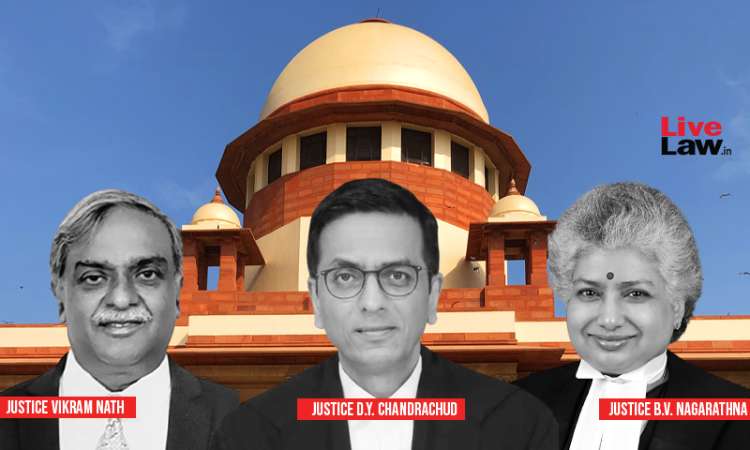Preliminary Enquiry By CBI In Corruption Cases Not Mandatory; Accused Cannot Demand It As Of Right: Supreme Court
LIVELAW NEWS NETWORK
8 Oct 2021 2:18 PM IST

"An FIR will not stand vitiated because a Preliminary Enquiry has not been conducted", the Court stated in the judgment.
Next Story


